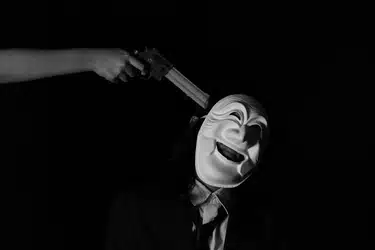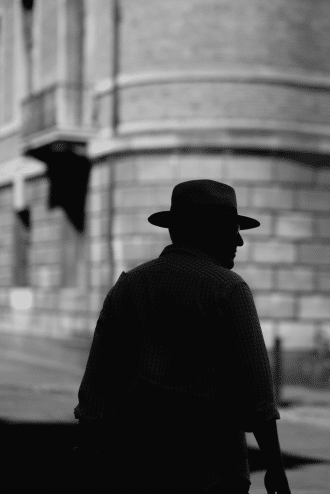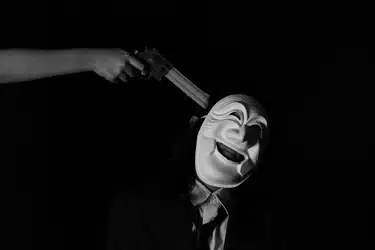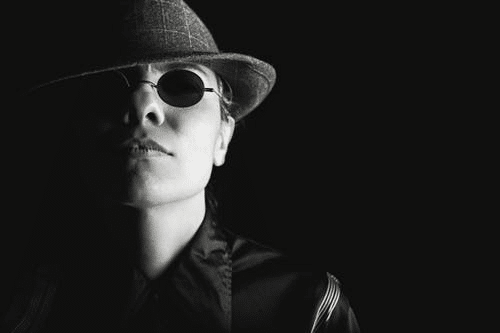Understanding the Nuances Of Noir Movies: Stylistic Elements

- mrclanton
- October 14, 2022
- 8:22 pm

An immense amount of thought, effort, emotional investment, and time go into creating a work of art that’s worthy of people’s attention. So even though art is timeless and indestructible, reducing it to a set of misgivings and misinterpretations is disrespecting itsbuy Rare movies DVD onlinestoried legacy.
Film noir is one such genre; it’s entirely misunderstood and popularized for all the wrong reasons. These days, any screenplay with dark visuals or a detective voiceover is known as noir!
The film in question may or may not share any traits with classic productions and might not even have the slightest amount of artistic depth to it. But all of this begs the question: then what is noir?
Film noir is an integral part of American cinematic history, and its contributions to the industry are nothing short of exquisite. It is, in fact, a culmination of many stylistic elements—according to Melanie Patrick and Adam Frost, who aptly define this genre.
The Essential Elements
Here’s a list of fundamental elements that must be present in a film if it’s called a noir.
Investigator:
a man of great integrity, for e.g., Sam Spade or Jeff Bailey.
Criminal:
quite often a serial killer or murderer, for e.g. Eddie Mars.

Women:
an attractive woman, emblematic of a femme fatale like Kitty Collins, and a plain-looking saintly figure like Ann Miller.
Stolen valuables:
a stolen object, usually money or jewels. E.g. The Maltese Falcon.
Dark lighting:
rapid rushes and the interplay of light and dark to create an eerie atmosphere.
Heavy drinking:
special emphasis on drinking or even smoking
Past:
copious flashbacks and past events e.g. double indemnity
A complex plot:
a complicated sequence of events that grips the audience till the end.
Urban setting:
set in a metropolitan city with a bustling modern/urban life.
Break The Rules
Film noir, in the past, was bound by the Hays Code, which restricted the display of sexual or violent content. Directors compensated for this with a play on light and composition to create dramatic tension.
Balanced vs. Imbalanced/asymmetrical composition
This genre defied the standard use of balanced composition in Hollywood and went with asymmetrical composition.
Foreground vs. Background
Unlike the popular technique of focusing on the foreground in classic cinema, noir gave both the foreground and the background equal attention.
Lighting vs. Shadows
Other genres focused on filling light and minimizing shadows. Noir focused on including long shadows with less light and high contrast.

Mirror reflections
Classic Hollywood focused on a direct view of the subject, but noir movies infused dramatic displays with mirror reflections. This was a play on the real and the unreal.
Camera angles
Instead of going with the popular eye-level camera angle, film noir cashed in on high and low angles.
Close-ups
Mainstream movies didn’t get too up close in the face of an actor but noir distorted dimensions and invaded visual space with choker close-ups for an intense shot.
Dialogue
The lines that actors deliver in noir contribute to the beauty and aesthetic of this genre as much as any other element. Here are a few exceptional examples from acclaimed noir movies.
- Sam Spade: what do you want me to do? Learn to stutter?—The Maltese Falcon
2. Anne: she can’t be all bad. No one is.
Bailey: she comes the closest. — Out Of The Past
3. Helen Grayle: I find men very attractive.
Marlowe: I imagine they meet you halfway. —Murder My Sweet
We have a wide selection of classic films from all genres and we’ll surely have the one you like most! We offer old classic movies and documentaries on DVDs for sale and ship worldwide. Check out our movie titles and order yours!

